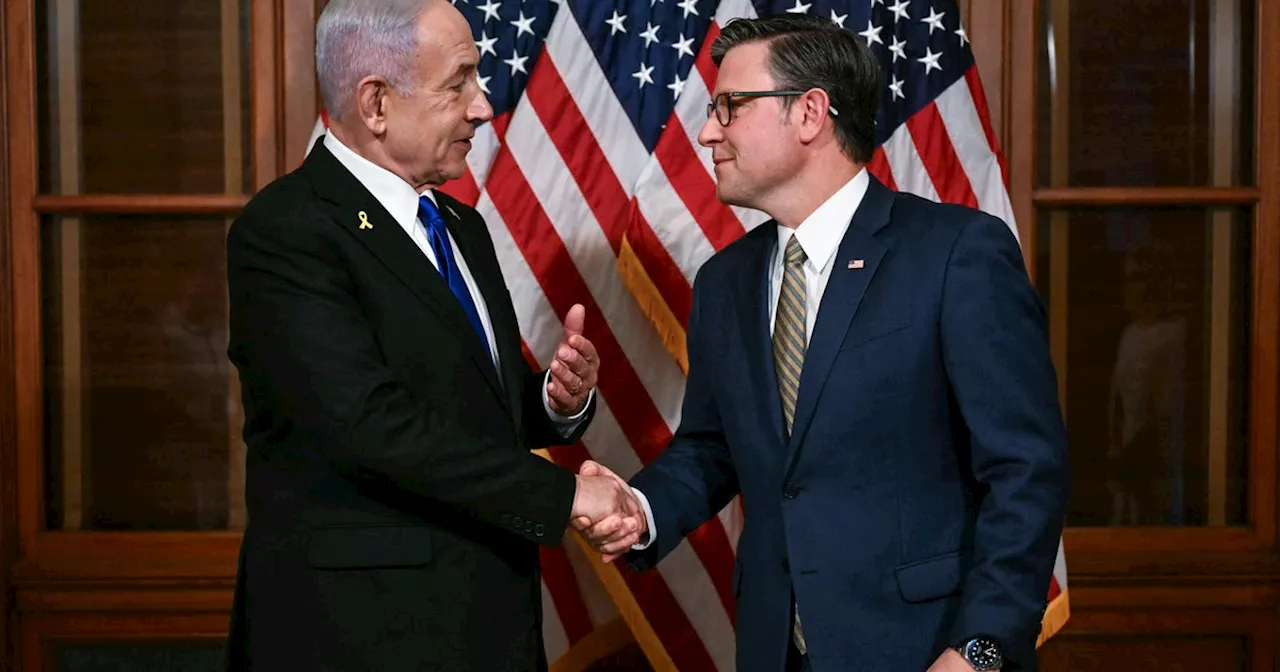Lawmakers from both major political parties gathered in Las Vegas to express their support for a bill that aims to restore full gambling loss deductions for taxpayers. The hearing, held on March 15, 2024, highlighted the urgency of addressing the tax code changes set to take effect in 2026. Despite this bipartisan support, significant political obstacles remain before the bill can be passed.
During the hearing, members of Congress emphasized the importance of gambling as an integral part of the economy in many states. They argued that restoring the full deduction would provide much-needed relief for taxpayers who engage in legal gambling activities. Currently, the Internal Revenue Service (IRS) allows individuals to deduct losses only up to the amount of their gambling winnings, which many lawmakers believe is unfair and limits the financial recovery for those who gamble responsibly.
Representatives from the National Council on Problem Gambling also attended the hearing, advocating for measures that support responsible gambling while ensuring that individuals are not unfairly taxed on their losses. “Restoring full deductions is crucial for maintaining fairness in our tax system,” stated a council spokesperson.
The proposed legislation has gained traction among lawmakers who recognize the economic impact of the gambling industry. According to recent estimates, the industry contributes over $44 billion annually to the U.S. economy, supporting thousands of jobs across various sectors.
Political Challenges Ahead
Despite the demonstrated bipartisan support, the path to enacting the bill is fraught with challenges. Lawmakers will need to navigate complex legislative processes and potential opposition from factions that view expanded tax deductions as a loss of government revenue.
Critics of the bill argue that tax breaks for gambling could disproportionately benefit wealthier individuals and that the potential revenue loss could impact funding for essential public services. As discussions progress, proponents of the bill will need to address these concerns to ensure broader support among their colleagues.
Moreover, the 2026 deadline for the new tax regulations adds urgency to the discussions. If lawmakers fail to act before then, taxpayers could face increased financial burdens that many consider unjust.
Supporters of the Gambling Loss Tax Deduction Bill are optimistic that continued dialogue and public support will help overcome these hurdles. As the legislative session progresses, they plan to rally more advocates to join their cause, emphasizing the need for a fair and equitable tax system.
In summary, the hearing in Las Vegas marked a significant step forward for the ongoing effort to restore full gambling loss deductions. As lawmakers prepare for potential negotiations, the balance between economic impact and fiscal responsibility remains a central theme in this evolving discussion.
